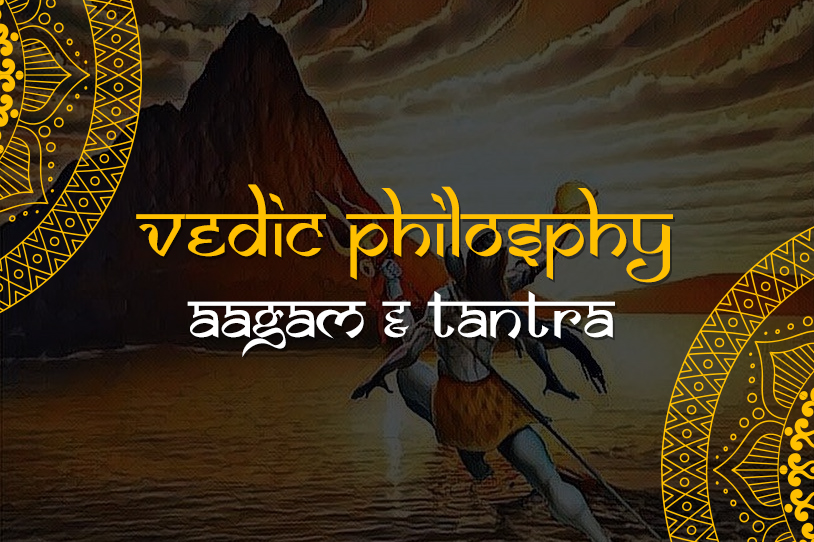
Description
The aim of this course is to provide students with an overview of the principal philosophical questions and perspectives that emerged in ancient India and shaped philosophical and religious debates throughout Indian history, such as origin and building blocks of the universe, ways of knowing, the nature of existence, self and god, causality, action and its consequences, limits of morality, paths of salvation. The course focuses on early Vedic texts such as the ṚgVeda and the Upaniṣads and on the literature of later Brahmanical schools of Sāṃkhya, Yoga, Nyāya, Vaiśeṣika and Vedānta, and the schools of the Lokāyatas, Jainas and Ājīvikas, which, like those of the Buddhists, present themselves as non-Vedic. The course culminates in a comparison of competing doxographic approaches, philosophies of philosophy, and the Jaina philosophy of non-one-sidedness, and concludes with a comparison of the teachings of three key individual thinkers of classical Indian philosophy, Nāgārjuna, Kundakunda and Śaṅkara. The course challenges narrow western representations of Indian philosophy as per se spiritualistic and focuses on the competition and consequences of key ideas, individual philosophers and schools of thought in historical context.
Curriculam
1. Introduction to vedic Philosophy
2. Origins of Indian Philosophy in the ṚgVeda
3. Self and the Absolute in the Upaniṣads
4. Indian Materialism: Cārvāka/Lokāyata Philosophy
5. Karma and Salvation in Early Jaina, Ājīvika and Buddhist Philosophy
6. The Bhagadadgītā in the Mahābhārata
7. Sāṃkhya-Yoga: Dualism and Spiritual Atomism
8. Nyāya-Vaiśeṣika: Logic and Philosophy of Nature
9. Doxography and the Jaina Philosophy of Non-One-Sidedness
10. Kundakunda, Nāgārjuna, Śaṅkara: Supreme Self, Emptiness, Oneness
Copyright ©2022 KTGurukulam. All Rights Reserved

